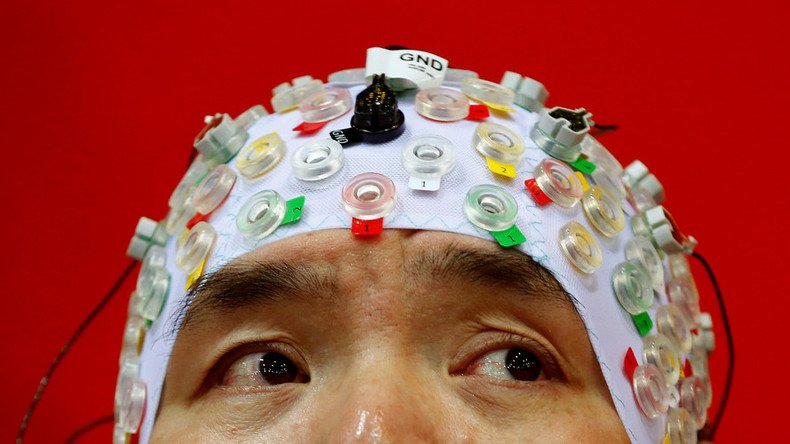Researchers may have discovered how to slow brain aging

A group of scientists from the University of Queensland could have accidentally slowed down the aging process of lab mice brains during a series of experiments.
Ultrasounds and soundwave therapy were used on the mice to halt the standard reduction in the foundation of brain cells in the hippocampus, which is a vital functionality for an individual’s learning process and memory storage.
Further to our #Alzheimer's breakthrough, QBI researchers have now found that ultrasound could slow brain ageing. https://t.co/nSsevs0CeQ
— Qld Brain Institute (@QldBrainInst) October 12, 2016
Dr. Robert Hatch who led the research said the results were surprising.
“What we found was is that by applying the ultrasound with these mice, you could slow down or stop the change in the structure of these cells as the animals age,” Hatch told ABC.
READ MORE: 'Space brain': Mars astronauts could experience long-term cognitive damage, study says
“We only looked over a relatively short time period – it was three months,” he added.
From the research, which was published in the Public Library of Science online journal, scientists hoped that mending the brain could potentially be like a “check up” for a car.
READ MORE: Want better brain function after 50? Try to keep busy, study says
“We didn’t actually envision that this would have the effect it has,” Hatch said. “I still remember I was doing some data analysis on Thursday night and said, ‘this can’t be right,’ and it was.”
The team of scientists were continuing on from another research project from last year where they were able to use ultrasounds to stop Alzheimer’s disease in mice.
Though for the latest study they wanted to confirm the experiment would not result in brain damage for a health brain, the team also made the other surprising discovery that the brain’s ageing process could also be slowed down.
It might be possible to keep the brain from loosing learning and memory functions with age. https://t.co/eOm98HjJtr
— Mark Zinkel (@MarkZinkel) October 13, 2016
“What the ultrasound does, is it activates some cells in the brain, which are like the immune cells, and you can activate them to help clear out toxic proteins and our idea is that it’s basically helping these cells maintain the brain in a more healthy state,” Hatch explained.
The team used some healthy mice and treated them numerous times with the ultrasound in order to understand how the brain changes.












